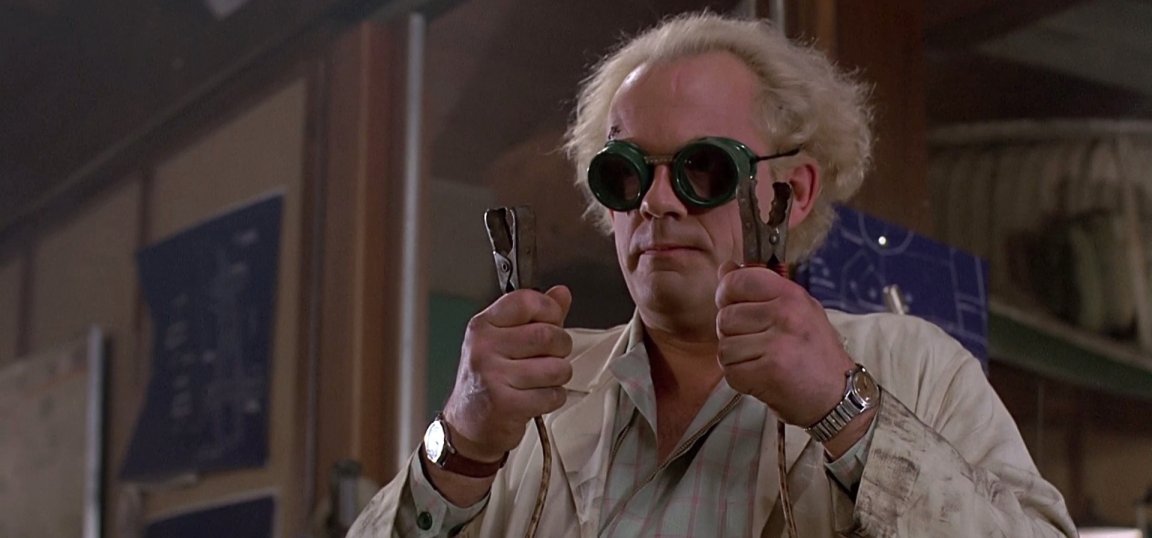
Inspiring a Generation?
As the world continues to develop and the population swells, we will come across new global challenges, such as climate change and shortages in resources. To that end, we need a steady supply of talent in the field of science to carry on innovating in order to solve these challenges.
Dr. David Blades, Professor of Science Education at the University of Victoria, says that the method of teaching affects student decisions about science careers. He notes that, looking at the way science is usually taught in secondary school, it is somewhat surprising that any young people still choose science careers.
“In most cases, it’s the way science is taught. In elementary school science is usually hands-on and experiential while in secondary school the majority of STEM instruction involves students taking notes from carefully prepared PowerPoint presentations. Science for these students is the memorization of reams of facts with little or no perceived relevance to their lives,” Dr. Blade wrote.
Now, using a tablet and a virtual reality (VR) headset, Michael Bodekaer shows how the technology can revolutionize how science is taught and increase the number of students choosing science as a career.

A New Way to Science
Virtual laboratory simulator, Labster, offers an engaging and immersive class experience where students can perform lab experiments and also safely perform dangerous experiments in virtual simulation.
The team also collaborated with game designers to create stories that students must solve, such as investigating a crime scene.
This is important work, as a survey conducted by the Wellcome Trust Monitor, an independent nationwide survey shows that a lot of young people have a certain level of interest in pursuing a career in science, but most of them don’t know enough about these careers.
“Most young people report that they know little or nothing about scientific careers (63 percent) or STEM (science, technology, engineering and maths) careers (55 percent), yet a large majority (82 percent) of young people consider science to be a good area of employment to go into. When asked whether they would be personally interested in a scientific career, one in eight (14 percent) young people say they are very interested, and a further 27 per cent are fairly interested,” the study notes.
In his talk, entrepreneur Bodekaer says that some students are “sometimes not even sure why they’re learning about a topic in the first place.”